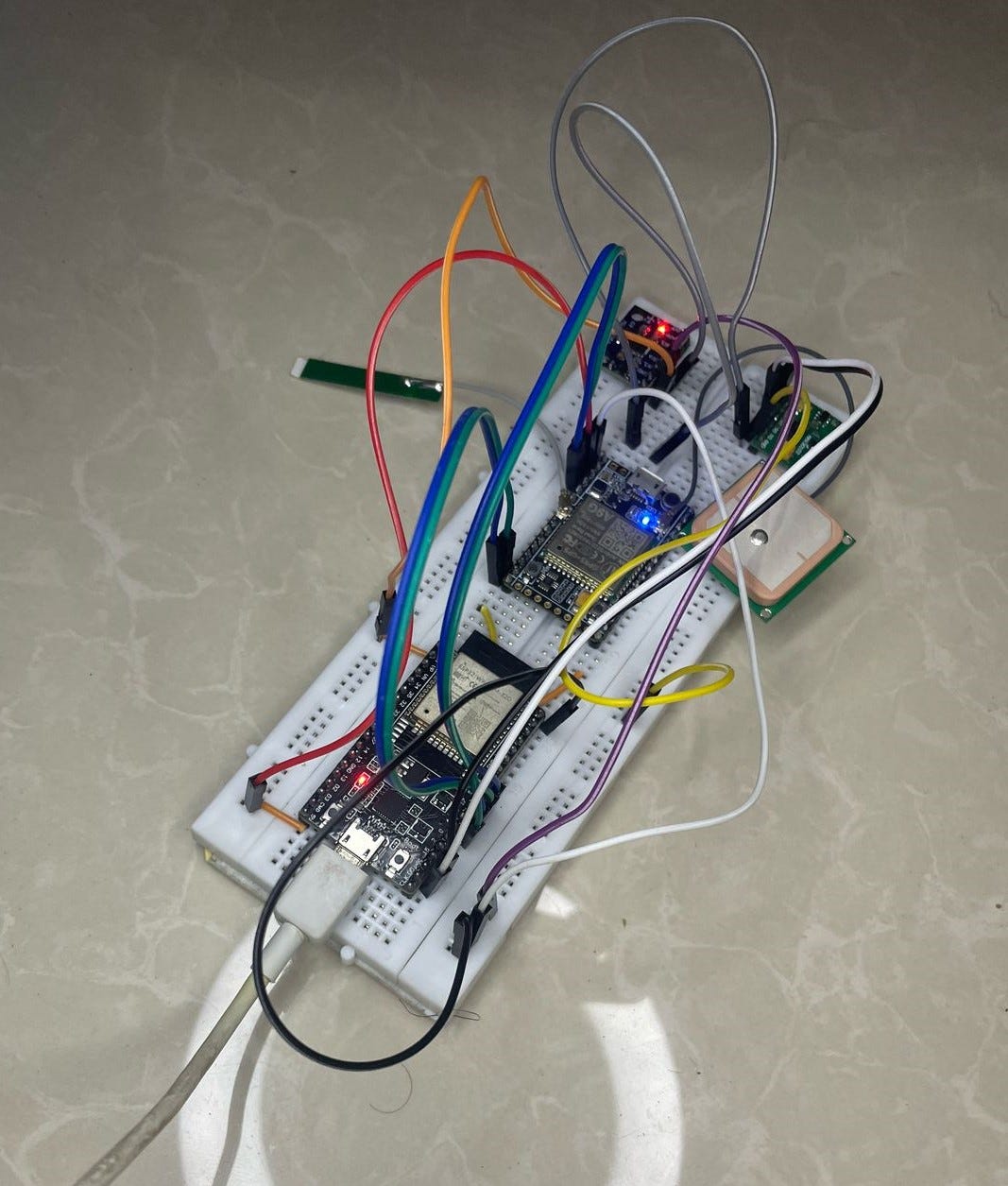The Three Types of Samādhi
The development of samādhi is a central concern across Early Buddhist literature. While often framed in terms of jhāna practice, several canonical and para-canonical texts articulate a classification of three distinct types of samādhi. These are not merely technical distinctions, but indicate different directions and outcomes of meditative cultivation. In this article, we explore how this threefold classification appears in:
The Cūḷavedalla Sutta (MN 44, Pāli Canon)
The Mahāvibhāṣā (Sarvāstivāda Abhidharma)
The Mahākausthila Sūtra (Chinese Āgama tradition)
The Āneñjasappāya Sutta (MN 106, Pāli Canon)
1. Three Kinds of Samādhi: A Shared Framework
Across these sources, the three types of samādhi are typically categorized as:
Savitakka-savicāra samādhi — concentration with applied and sustained thought (initial and sustained attention, corresponding to the first jhāna)
Avitakka-avicāra samādhi — concentration without applied and sustained thought (beyond the first jhāna, usually referring to the second jhāna onward)
Saññā-vedayita-nirodha samādhi — the cessation of perception and feeling (nirodha-samāpatti, accessible only to non-returners and arahants)
Let us now see how each of the texts develops this framework.
2. Cūḷavedalla Sutta (MN 44): A Theravāda Explanation
In this dialogue between the nun Dhammadinnā and the layman Visākha, we find a clear explanation of the three kinds of samādhi. When asked what constitutes "right concentration," Dhammadinnā distinguishes:
“There are three kinds of concentration: (1) with thought and examination, (2) without thought but with examination, (3) without thought and without examination.”
Though slightly reworded, this matches the jhānic progression and aligns with the meditative absorptions (jhāna) in standard Theravāda teaching. Later tradition identifies the third type (without vitakka and vicāra) with the higher jhānas, and also links it — along with cessation — to supramundane states.
Keep reading with a 7-day free trial
Subscribe to The Gentle Law to keep reading this post and get 7 days of free access to the full post archives.





